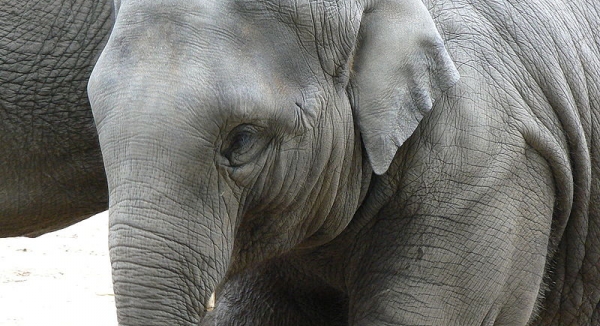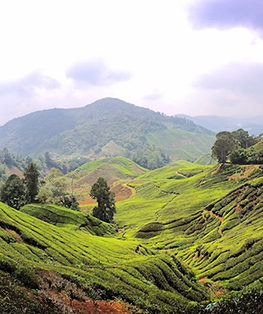Published on December 7, 2009

Thailand’s elephants suffer from a shrinking habitat and chronic unemployment. Elephant polo, a novel sport, is one of the projects that bring a healthy dose of fun into the initiatives to help rehabilitate these magnificent creatures.
Though the sport has been featured on ESPN, none of the players have yet made it onto the cover of Sports Illustrated, especially the swimsuit issue. Nevertheless elephant polo is indeed a genuine sport, first played in the early 20th century. And like horse polo it’s played by very rich people, only now swinging very long mallets. Unfortunately the circuit is limited to Sri Lanka, Nepal and Thailand which pretty much disqualifies it from ever being featured at the Olympics.
It would be easy to conclude that this three-per-side game is some sort of frivolous novelty like demolition derby or donkey baseball, but there is more than enough skill involved to make sure the better team usually wins. And nobody takes it more seriously than the elephants themselves.
As if scripted from a bizarro world of Terminator movies, the machines have taken over the elephant’s world. Regional logging industries are now run by machines, leaving many elephants unemployed, spending their days alone with their equally unemployed trainer, or mahout. They slowly amble from one city to another charging tourists money to feed the lumbering beasts the 80kg of food they require daily, just to stay on their feet.
Having recently been banned from the streets of Bangkok, with other cities following suit, elephant rehabilitation is a growing concern, and several centers have opened around Thailand to help address the problem. Strange as it may seem, this sporting spectacle is actually part of the solution.
Elephants are very social creatures, so when they get opportunity to get together and have something to do for a change they welcome it. As one of the Chivas Team players pointed out, “They definitely enjoy it because you can’t get an elephant to run unless it really wants to.” As such, even the World Wildlife Fund has given their stamp of approval to the events.
And run they do. Most people haven’t had the pleasure of taking in such a sight and live to tell the tale. Typically elephants run when scared and usually in a big destructive herd – often while under the influence of fermented mangoes. Anything in their way gets trampled, so you’d end up wearing your pith helmet on your feet.
With elephant polo, spectators watch safely from the sidelines, a glass of whiskey and soda in hand, cheering on huffing creatures the size of bungalows. But instincts are hard to shake off, and anytime the ball comes sailing your way, followed by two or three excited pachyderms banking at a 25 degree angle at 30km/h, you tend to move…quickly.
The players get their share of excitement as well. Players sit on the elephant’s neck, calling out commands to the mahout seated in front of them. The mahout passes the directions on to the elephant. (The chain of command sometimes breaks down, with over keen animals picking up the ball, hurling it into the goal – an illegal move.) They are roped into their three-metre-high perch, leaning to the side, attempting to hit a tangerine-sized ball with a mallet as long as a basketball player. According to the Duke of Argyl, one of the regular players on the circuit, you have to time the swing with the elephant’s breathing or you just end up grazing its ribcage.
Side entertainment includes elephant percussion orchestra shows and elephant painting – the works being quite good, abstract of course – that is auctioned off to support elephant conservation projects.
You can catch the Anantara King’s Cup Elephant Polo at the Anantara Resort Golden Triangle in Thailand, in Thailand’s mountainous, mist-shrouded north from the 15-19th of March 2010.
To learn more about the plight of Thailand’s elephant population please see:
Elephant Refuge and Education Centre: www.wfft.org
The National Elephant Institute: www.thailandelephant.org
Bangkok-based Cameron Cooper has spent two decades travelling Asia, seeking oddities, adventure, and the meaning of life, while contributing to The Melbourne Age, Discovery Channel Magazine, and worked as an editor at Thailand’s Nation newspaper.






